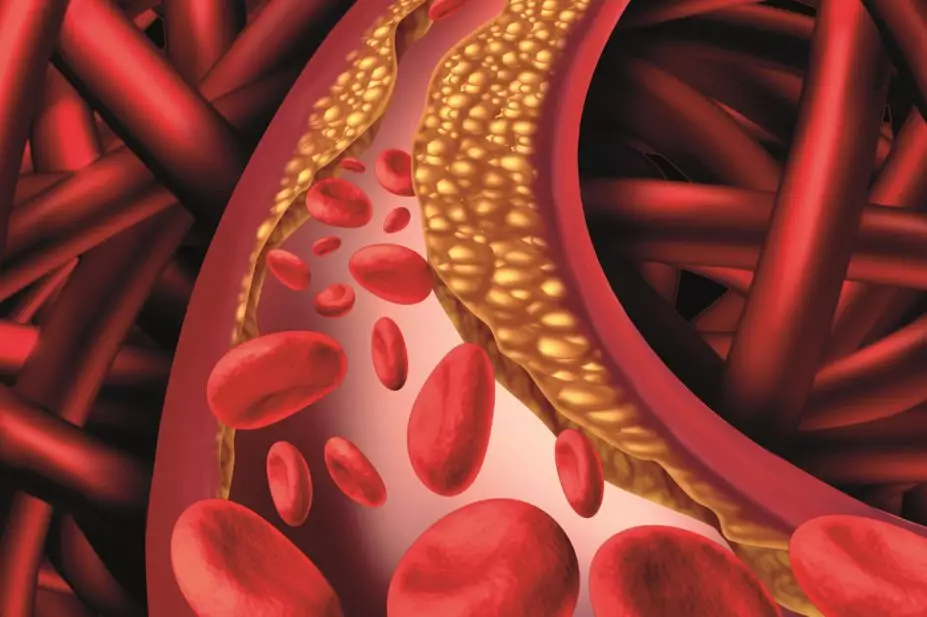
Shutterstock.com
Some antiepileptic drugs (AEDs), such as phenytoin induce liver enzymes, increasing lipid levels — a risk factor for heart attack and stroke. In contrast, the AED sodium valproate is a liver enzyme inhibitor and other, newer AEDs have a negligible effect.
Researchers used the UK Clinical Practice Research Datalink to compare patients newly prescribed different classes of antiepileptic drugs between 1990 and 2013 (n=252,407). Inducing drugs slightly increased the risk of ischaemic stroke compared with non-inducing AEDs (relative risk [RR]=1.16, 95% confidence interval [CI] 1.02 to 1.33) and when taken for two years or longer increased the risk of myocardial infarction by 46% (RR=1.46, 95% CI 1.15 to 1.85). Inhibiting AEDs slightly decreased myocardial infarction risk (RR=0.81, 95% CI 0.66 to 1.00).
Overall, the increased risk of myocardial infarction is most likely of small clinical relevance on a population level, the authors say in BMJ Open (online, 12 August 2015)[1]
.


